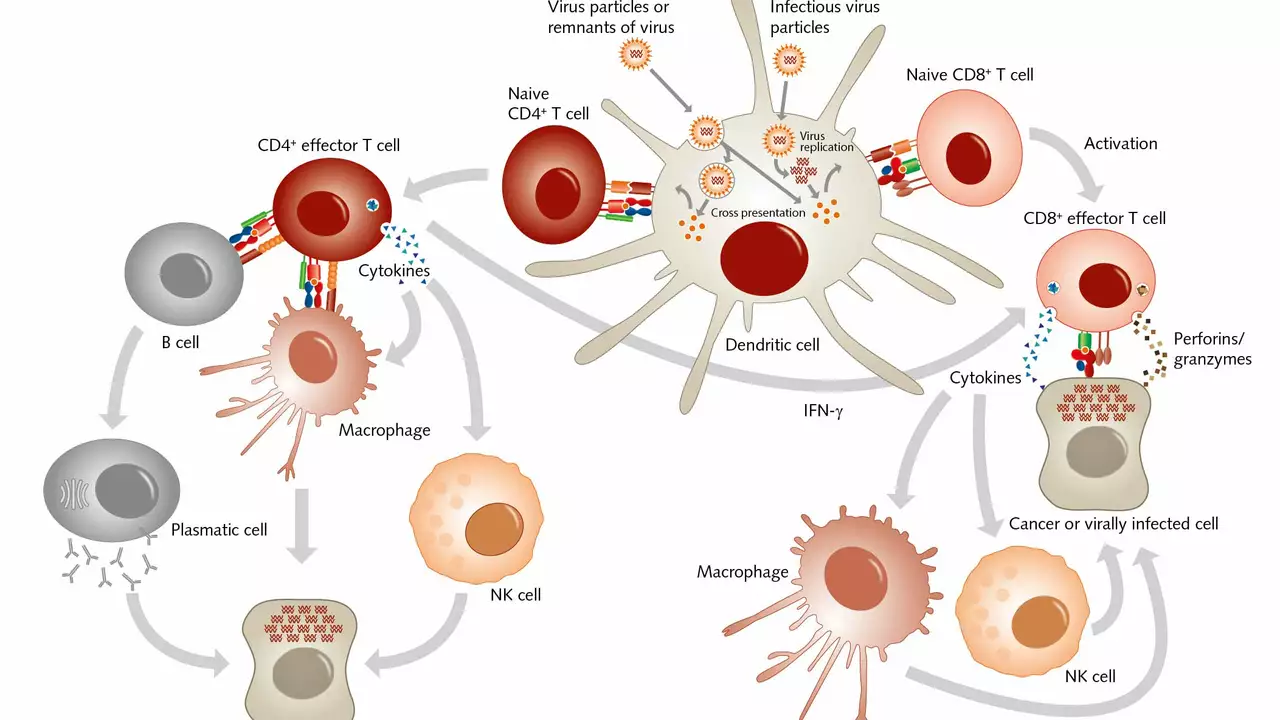Worm infections: quick guide to symptoms, tests, treatment
Worm infections are common worldwide and often missed. You can catch them from contaminated water, soil, undercooked meat, or close contact with an infected person. Kids pick them up at daycare and playgrounds, but adults get them too. Spotting the signs early makes treatment simpler.
Types, symptoms & diagnosis
The main intestinal worms are pinworms, roundworms (Ascaris), hookworms, and tapeworms. Pinworms give intense anal itching at night. Ascaris can cause belly pain, cough and poor growth with heavy infection. Hookworms may cause tiredness and anemia because they feed on blood. Tapeworms sometimes cause cramps or weight loss, and you might notice small segments in stool. Other parasites like Strongyloides and schistosomiasis affect skin, lungs or bladder, depending on the species. A common mix-up: “ringworm” is a fungal rash, not a worm.
For diagnosis, doctors ask about travel, pets, diet and symptoms. Stool tests look for eggs or segments, while a tape test helps catch pinworms. Blood tests can show high eosinophils or antibodies to certain parasites. Imaging or endoscopy is rare but useful for complications.
Treatment, prevention & follow-up
Most intestinal worms respond to short courses of anthelmintic drugs. Albendazole and mebendazole work well for pinworms and many roundworms. Praziquantel treats tapeworms and schistosomiasis. Ivermectin is used for strongyloidiasis and other parasites. Dose depends on the parasite, age, weight and pregnancy status. Don’t self-medicate; some drugs are unsafe in pregnancy or for young children.
Prevent spread by washing hands after toilet use and before eating. Keep fingernails short, wash bedding and underwear in hot water, and cook meat thoroughly. Avoid raw freshwater fish and drink safe water when traveling. Wear shoes where soil-transmitted helminths are common and deworm pets on schedule.
After treatment, follow-up matters. Your doctor may ask for a repeat stool test in a few weeks to confirm the parasite is gone. For pinworms, treating the whole household and repeating the dose after two weeks often stops the cycle. If symptoms persist or worsen, ask for specialist referral — infectious disease or parasitology clinics can help with tricky cases. In areas with high worm burden, public-health programs give regular deworming to children; ask your local clinic what’s recommended.
See a doctor if you have persistent stomach pain, blood in stool, unexplained weight loss, extreme tiredness or intense anal itching that won’t stop. Want help finding reliable meds or more on specific worms? Check our guides and pharmacy safety articles to learn where to buy treatment safely and how to follow prescriptions.
Pregnant people and infants need special care; some anthelmintics are avoided and treatment timing changes. If you plan travel to tropical areas, talk to a travel clinic about vaccines and worm prevention, especially for water and food safety. Schools and daycares often have policies for pinworm outbreaks — follow their guidance to stop spread quickly. Keep copies of prescriptions and test results; that helps future doctors and avoids repeat tests.
Ask questions and keep follow-up appointments to protect yourself and family. Stay informed—health clinics can help today.

The role of education in reducing the prevalence of worm infections
- by Colin Edward Egan
- on 1 Aug 2023
Hey there, fellow knowledge seekers! Let's dive into the exciting world of education and...worm infections! Sounds like a party, right? Well, it might not be the typical party topic, but education plays a star role in reducing these unpleasant little parasites. Knowledge really is power, folks! By educating ourselves and others about preventive measures, proper sanitation, and good hygiene, we can kick these worms to the curb. Who knew that hitting the books could also mean hitting back at worm infections? So, let's keep learning and keep those pesky parasites away!
